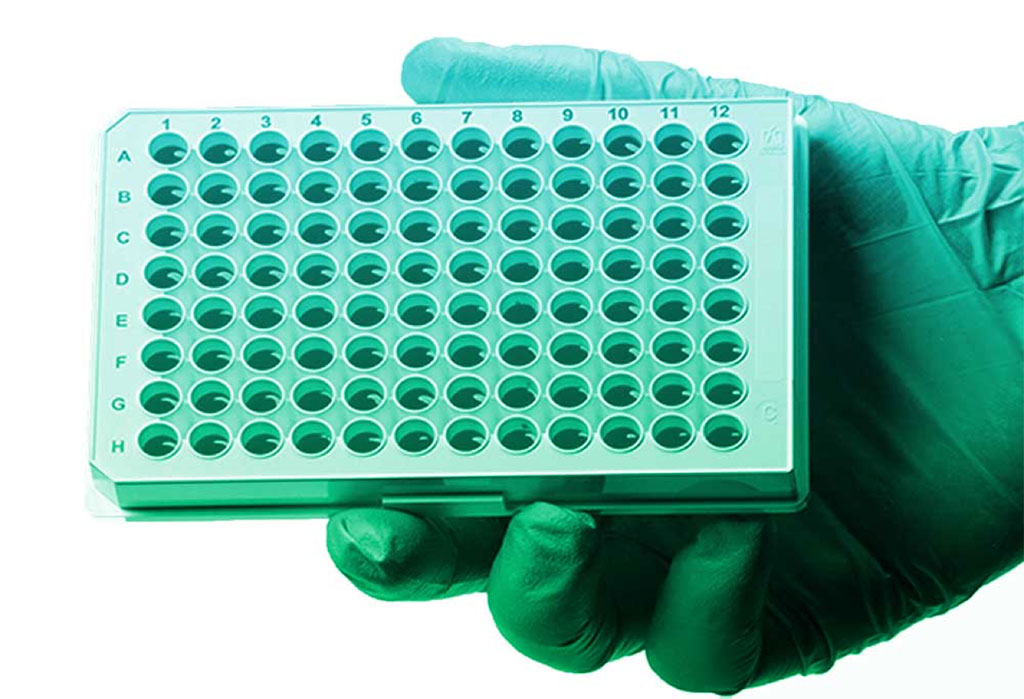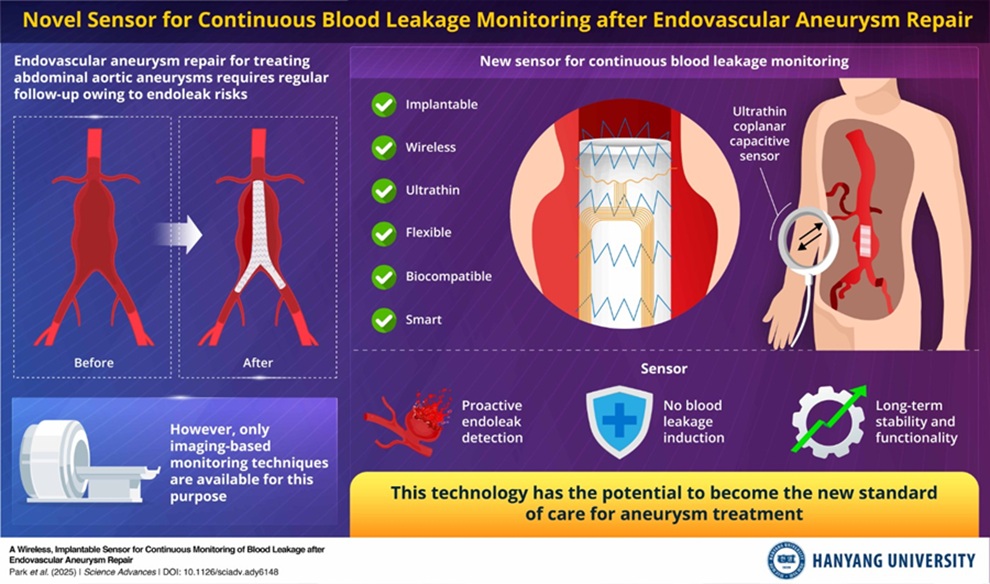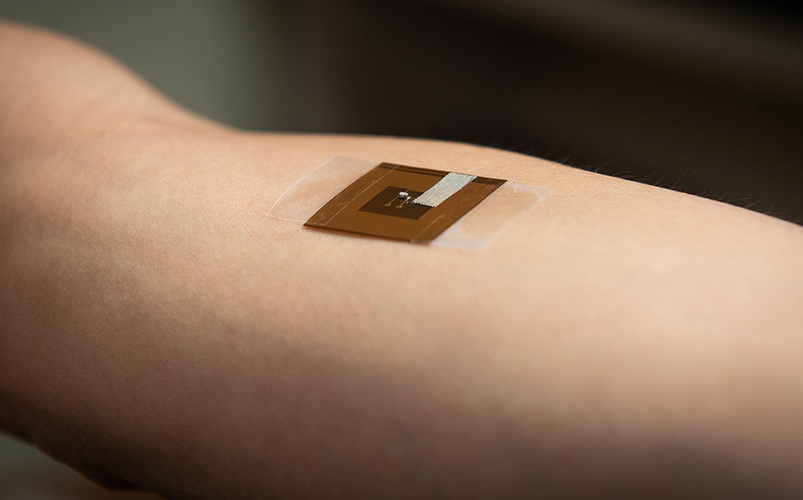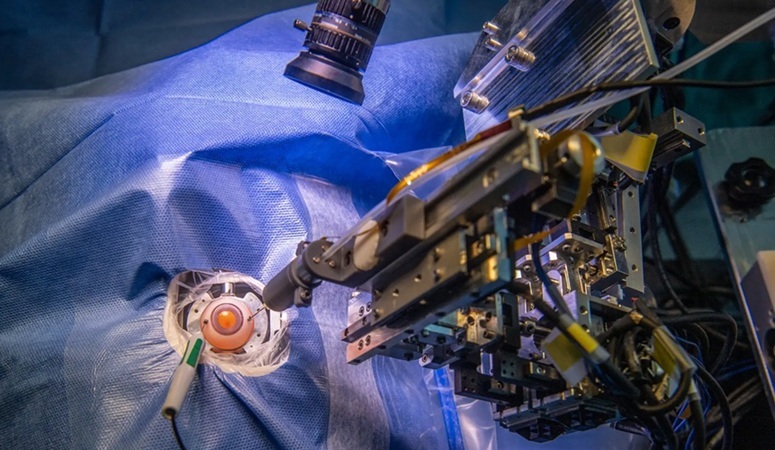AI-Based Drug Discovery Model Hunts for Key Molecule to Block COVID-19
|
By HospiMedica International staff writers Posted on 23 May 2020 |

AI-based Drug Discovery Model Hunts for Key Molecule to Block COVID-19 (Photo courtesy of Atomwise Inc.)
There are presently 15 research collaborations underway to enable academic researchers to discover novel therapies for the COVID-19 pandemic and those in the future using advanced artificial intelligence (AI) technology developed by Atomwise Inc. (San Francisco, CA, USA).
By using predictive models and AI, Atomwise which uses AI for small molecule drug discovery, and its collaborators seek to raise the probability of success for future therapies. Each collaborative project will develop drug candidates with demonstrable broad-spectrum capability, providing potential long-term benefit for future coronavirus outbreaks. Overall, the 15 global research efforts span a wide variety of approaches, including different mechanisms of action, a mixture of viral and human/host target proteins, and targeting conserved regions of proteins that may be recognized even in mutated strains. In addition, many proteins targeted by the academic collaborators have previously been deemed “undruggable” due to their unknown structure or involvement in complex protein-protein interactions. Taken together, the combination of novel approaches could expand the repertoire of therapeutic approaches available for a future outbreak.
Several projects are part of Atomwise’s Artificial Intelligence Molecular Screen (AIMS) program, which enables researchers to accelerate the translation of their research into treatments. In support of each collaboration, scientists at Atomwise will use AtomNet, the company’s patented AI screening technology, to predict the binding of millions or billions of small molecules to a protein of interest identified by the academic researcher as a potential target for COVID-19, narrowing down to a few hundred predicted hit molecules. Atomwise then sources and ships a subset of these predicted compounds to partnering laboratories for testing biochemical potency and selectivity, advancing the most promising compounds for further development as drug candidates.
“Atomwise’s AI screening technology is used to predict the binding of more than 10 million small molecules to a protein of interest, and far exceeds what could be accomplished through traditional laboratory screening methods,” said Dr. Stacie Calad-Thomson, vice president and head of Artificial Intelligence Molecular Screen (AIMS) Partnerships at Atomwise. “With Atomwise’s AIMS Awards program, our hope is to democratize access to AI during the early stages of preclinical drug development and enable academics to contribute to the pandemic response who might not have the opportunity otherwise.”
Related Links:
Atomwise Inc.
By using predictive models and AI, Atomwise which uses AI for small molecule drug discovery, and its collaborators seek to raise the probability of success for future therapies. Each collaborative project will develop drug candidates with demonstrable broad-spectrum capability, providing potential long-term benefit for future coronavirus outbreaks. Overall, the 15 global research efforts span a wide variety of approaches, including different mechanisms of action, a mixture of viral and human/host target proteins, and targeting conserved regions of proteins that may be recognized even in mutated strains. In addition, many proteins targeted by the academic collaborators have previously been deemed “undruggable” due to their unknown structure or involvement in complex protein-protein interactions. Taken together, the combination of novel approaches could expand the repertoire of therapeutic approaches available for a future outbreak.
Several projects are part of Atomwise’s Artificial Intelligence Molecular Screen (AIMS) program, which enables researchers to accelerate the translation of their research into treatments. In support of each collaboration, scientists at Atomwise will use AtomNet, the company’s patented AI screening technology, to predict the binding of millions or billions of small molecules to a protein of interest identified by the academic researcher as a potential target for COVID-19, narrowing down to a few hundred predicted hit molecules. Atomwise then sources and ships a subset of these predicted compounds to partnering laboratories for testing biochemical potency and selectivity, advancing the most promising compounds for further development as drug candidates.
“Atomwise’s AI screening technology is used to predict the binding of more than 10 million small molecules to a protein of interest, and far exceeds what could be accomplished through traditional laboratory screening methods,” said Dr. Stacie Calad-Thomson, vice president and head of Artificial Intelligence Molecular Screen (AIMS) Partnerships at Atomwise. “With Atomwise’s AIMS Awards program, our hope is to democratize access to AI during the early stages of preclinical drug development and enable academics to contribute to the pandemic response who might not have the opportunity otherwise.”
Related Links:
Atomwise Inc.
Latest COVID-19 News
- Low-Cost System Detects SARS-CoV-2 Virus in Hospital Air Using High-Tech Bubbles
- World's First Inhalable COVID-19 Vaccine Approved in China
- COVID-19 Vaccine Patch Fights SARS-CoV-2 Variants Better than Needles
- Blood Viscosity Testing Can Predict Risk of Death in Hospitalized COVID-19 Patients
- ‘Covid Computer’ Uses AI to Detect COVID-19 from Chest CT Scans
- MRI Lung-Imaging Technique Shows Cause of Long-COVID Symptoms
- Chest CT Scans of COVID-19 Patients Could Help Distinguish Between SARS-CoV-2 Variants
- Specialized MRI Detects Lung Abnormalities in Non-Hospitalized Long COVID Patients
- AI Algorithm Identifies Hospitalized Patients at Highest Risk of Dying From COVID-19
- Sweat Sensor Detects Key Biomarkers That Provide Early Warning of COVID-19 and Flu
- Study Assesses Impact of COVID-19 on Ventilation/Perfusion Scintigraphy
- CT Imaging Study Finds Vaccination Reduces Risk of COVID-19 Associated Pulmonary Embolism
- Third Day in Hospital a ‘Tipping Point’ in Severity of COVID-19 Pneumonia
- Longer Interval Between COVID-19 Vaccines Generates Up to Nine Times as Many Antibodies
- AI Model for Monitoring COVID-19 Predicts Mortality Within First 30 Days of Admission
- AI Predicts COVID Prognosis at Near-Expert Level Based Off CT Scans
Channels
Critical Care
view channel
Ingestible Capsule Monitors Intestinal Inflammation
Acute mesenteric ischemia—a life-threatening condition caused by blocked blood flow to the intestines—remains difficult to diagnose early because its symptoms often mimic common digestive problems.... Read more
Wireless Implantable Sensor Enables Continuous Endoleak Monitoring
Endovascular aneurysm repair (EVAR) is a life-saving, minimally invasive treatment for abdominal aortic aneurysms—balloon-like bulges in the aorta that can rupture with fatal consequences.... Read more
Wearable Patch for Early Skin Cancer Detection to Reduce Unnecessary Biopsies
Skin cancer remains one of the most dangerous and common cancers worldwide, with early detection crucial for improving survival rates. Traditional diagnostic methods—visual inspections, imaging, and biopsies—can... Read moreSurgical Techniques
view channel
Robotic Assistant Delivers Ultra-Precision Injections with Rapid Setup Times
Age-related macular degeneration (AMD) is a leading cause of blindness worldwide, affecting nearly 200 million people, a figure expected to rise to 280 million by 2040. Current treatment involves doctors... Read more
Minimally Invasive Endoscopic Surgery Improves Severe Stroke Outcomes
Intracerebral hemorrhage, a type of stroke caused by bleeding deep within the brain, remains one of the most challenging neurological emergencies to treat. Accounting for about 15% of all strokes, it carries... Read morePatient Care
view channel
Revolutionary Automatic IV-Line Flushing Device to Enhance Infusion Care
More than 80% of in-hospital patients receive intravenous (IV) therapy. Every dose of IV medicine delivered in a small volume (<250 mL) infusion bag should be followed by subsequent flushing to ensure... Read more
VR Training Tool Combats Contamination of Portable Medical Equipment
Healthcare-associated infections (HAIs) impact one in every 31 patients, cause nearly 100,000 deaths each year, and cost USD 28.4 billion in direct medical expenses. Notably, up to 75% of these infections... Read more
Portable Biosensor Platform to Reduce Hospital-Acquired Infections
Approximately 4 million patients in the European Union acquire healthcare-associated infections (HAIs) or nosocomial infections each year, with around 37,000 deaths directly resulting from these infections,... Read moreFirst-Of-Its-Kind Portable Germicidal Light Technology Disinfects High-Touch Clinical Surfaces in Seconds
Reducing healthcare-acquired infections (HAIs) remains a pressing issue within global healthcare systems. In the United States alone, 1.7 million patients contract HAIs annually, leading to approximately... Read moreHealth IT
view channel
Printable Molecule-Selective Nanoparticles Enable Mass Production of Wearable Biosensors
The future of medicine is likely to focus on the personalization of healthcare—understanding exactly what an individual requires and delivering the appropriate combination of nutrients, metabolites, and... Read moreBusiness
view channel
Philips and Masimo Partner to Advance Patient Monitoring Measurement Technologies
Royal Philips (Amsterdam, Netherlands) and Masimo (Irvine, California, USA) have renewed their multi-year strategic collaboration, combining Philips’ expertise in patient monitoring with Masimo’s noninvasive... Read more
B. Braun Acquires Digital Microsurgery Company True Digital Surgery
The high-end microsurgery market in neurosurgery, spine, and ENT is undergoing a significant transformation. Traditional analog microscopes are giving way to digital exoscopes, which provide improved visualization,... Read more
CMEF 2025 to Promote Holistic and High-Quality Development of Medical and Health Industry
The 92nd China International Medical Equipment Fair (CMEF 2025) Autumn Exhibition is scheduled to be held from September 26 to 29 at the China Import and Export Fair Complex (Canton Fair Complex) in Guangzhou.... Read more
















